Rosa Barba Award: International Jury
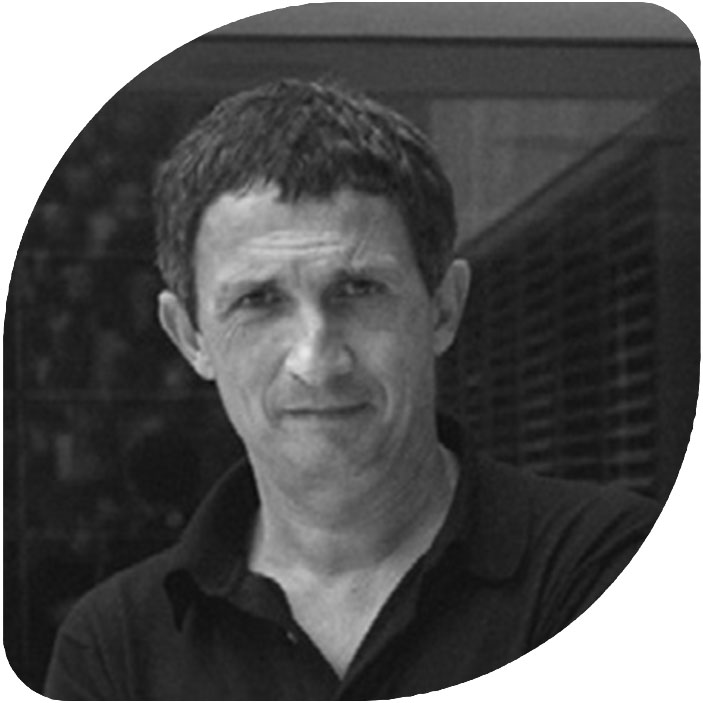
Jury School Prize 9
Enric Batlle founded in 1981, together with Joan Roig, BATLLEIROIG ARQUITECTES developing Building, Planning and Landscape projects. Master of Landscape Architecture and PhD of Architecture from 2002, is also Professor in the Department of Urban and Regional Planning of the UPC since 1982. Director of the Master of Landscape Architecture ETSAB - UPC and professor of Architecture Landscape Planning and Architecture Workshop in UPC - ETSAV. His work “El Jardín de la Metrópoli” (Ed. Gustavo Gili, 2011) was awarded with FAD Award in category of Theory and Criticism of Architecture in 2012, among others.
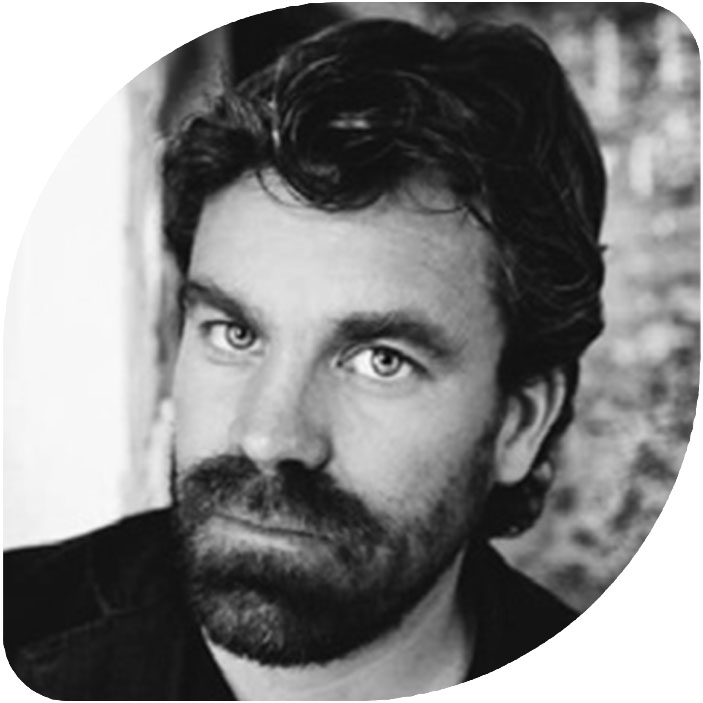
Jury Rosa Barba 9
Eduardo Cadaval is a founding partner of Cadaval&Solà-Morales. Architect from the Universidad Nacional de México and MBA from Harvard University. Associate Professor since 2006 in ETSAB, UPC. His work has won many international awards including among others: Bauwelt Prize (Munich), Young Architects Award from the COAC (Barcelona), Design Vanguard Award (New York), mention of young architecture of the IX Spanish Biennial of Architecture (Madrid), Silver Medal of the XI Biennial of Mexican Architecture (Mexico City), VIII Biennial of Ibero-american Architecture Award (Cádiz) and International FAD 2016 award (Barcelona). Cadaval has also been a professor at the University of Pennsylvania, Barcelona program at the University of Calgary, the Universidad Nacional Autónoma de México, the Career Discovery of Harvard University program and the Boston Architectural Center.

Jury Rosa Barba 9
Anuradha Mathur, an architect and landscape architect, is Professor in the Landscape Architecture Department, University of Pennsylvania. In collaboration with her partner Dilip da Cunha she is author of Mississippi Floods: Designing a Shifting Landscape (2001), Deccan Traverses: the Making of Bangalore’s Terrain (2006) and Soak: Mumbai in an Estuary (2009), and co-editor of Design in the Terrain of Water (2014). In 2011 and 2012 Mathur and da Cunha curated an international symposium titled In the Terrain of Water, held at PennDesign. (http://terrain.design.upenn.edu/about). In 2013/2014 they led a PennDesign Team for the project Structures of Coastal Resilience supported by the Rockefeller Foundation (www.structuresofcoastalresilience.org).
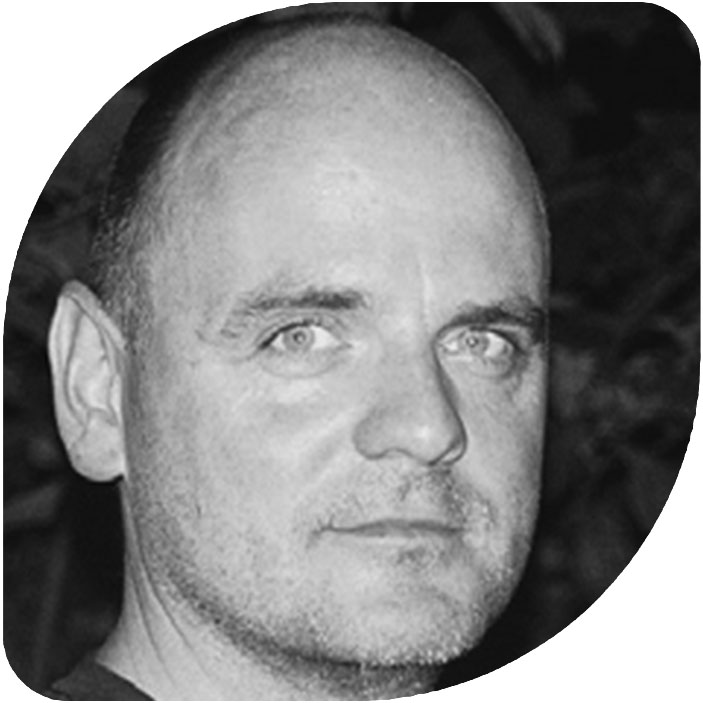
Juray Rosa Barba 9
James Corner is an internationally renowned landscape architect. Based in New York City, his firm’s projects include New York’s widely acclaimed High Line; Seattle’s Central Waterfront; Tongva Park in Santa Monica; London’s South Park Plaza at Queen Elizabeth Olympic Park; Chicago’s Navy Pier; and the new Presidio Parklands in San Francisco. He is known for a special commitment to the design of a vibrant and dynamic public realm, informed by the ecology of both people and nature. James has been published and exhibited internationally, and has been recognized with significant design awards, including the National Design Award; the American Academy of Arts and Letters; and the Daimler-Chrysler Award for Design Innovation.
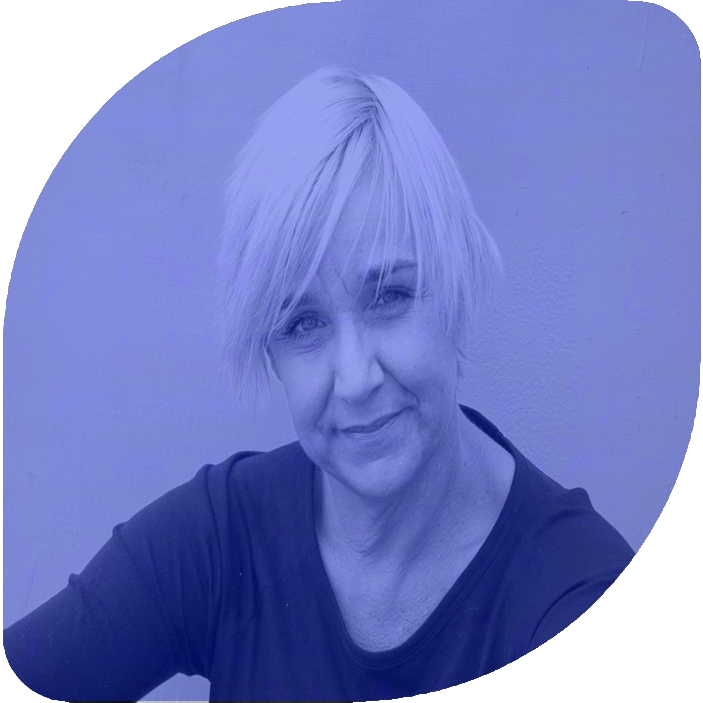
She is internationally recognized as an innovative designer in building regenerative landscapes and with interdisciplinary design education. In both academic explorations as well explorations at her design practice, Bargmann's on-going research continues to excavate the creative potential of degraded landscapes.
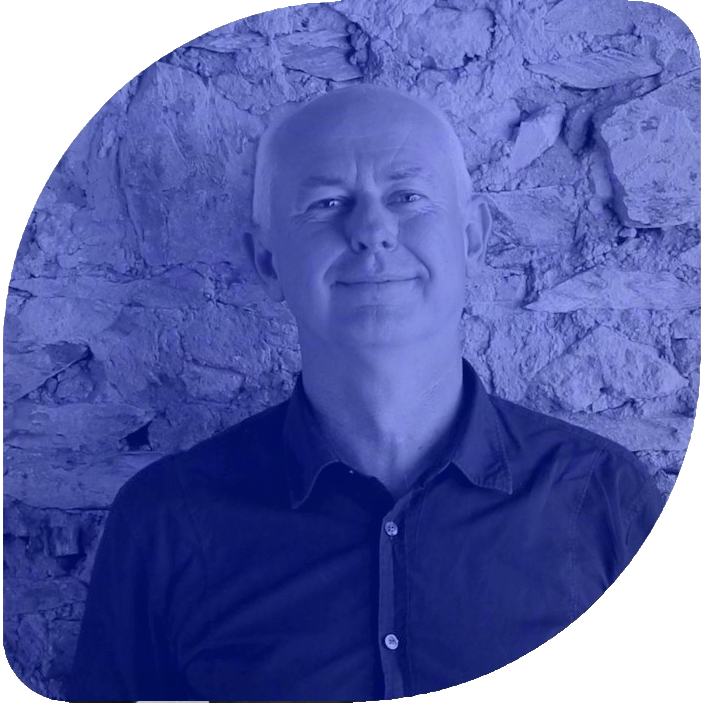
He is an architect trained in Great Britain, and an urban planner from Harvard University. He is the director of the office Oxygen Landscape Architects + Urban Designers, and a professor at the University of Adelaide, School of Architecture. His projects have received numerous awards and accolades, including the Canberra Central Parklands, the new Kingston Foreshores public area, and the Riverbank to Adelaide. President of IFLA (International Federation of Landscape Architects).
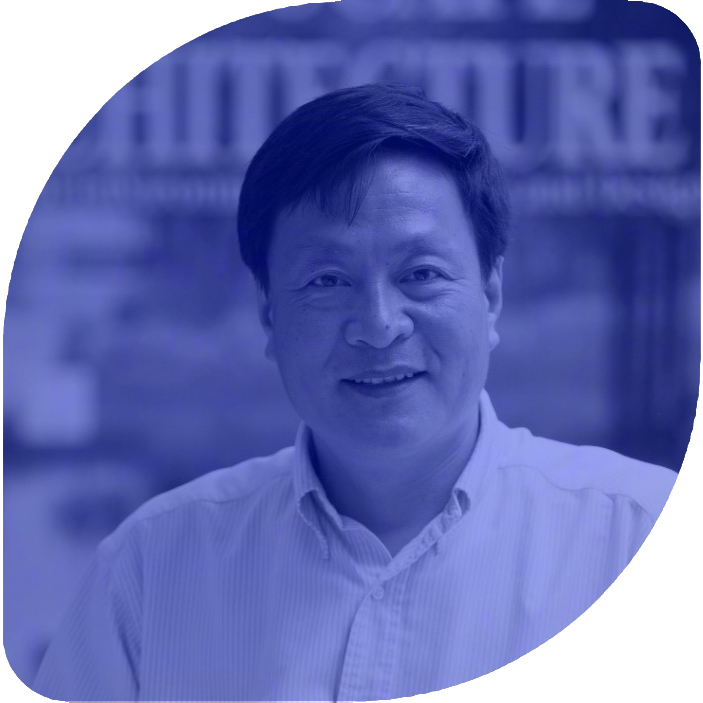
Rosa Barba Jury 11
Kongjian Yu is a Chinese ecological urbanist, urban planner and landscape architect, professor of landscape architecture at Peking University (PKU) and the founder of the planning and design office Turenscape in Beijing.
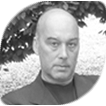
JURY ROSA BARBA 10
Michael Jakob teaches History and Theory of Landscape at hepia, Geneva, and aesthetics of design at HEAD, Geneva. He is a visiting professor at Politecnico di Milano and the Accademia di Architettura in Mendrisio. He is, at the same time, Professor of ComparativeLiterature (Chair) at Grenoble University. Jakob’s teaching and research focus on landscape theory, aesthetics, the history of vertigo, contemporary theories of perception and the poetics of architecture. He is the founder and head of COMPAR(A)ISON, an International Journal of Comparative Literature and the chief editor of “di monte in monte”, a series of books on mountain culture (Edizioni Tarara’, Verbania). He produced several documentary films for TV and has a longstanding experience as a radio journalist. Michael Jakob published recently: 100 Paysages, Infolio, Gollion 2011; asp Architecture du paysage, Infolio, Gollion 2012; Mirei Shigemori e il nuovo linguaggio del giardino giapponese, Tarara’, Verbania 2012; the swiss touch in landscape architecture, Tarara’, Verbania 2013/ Ifengspace, Tianjing 2015; La poétique du banc, Macula, Paris 2014/ Sulla Panchina, Einaudi, Turin 2014/ The Bench in the Garden, Oro Editions, Bay Area 2017; Cette ville qui nous regarde, b2 éditions, Paris 2015/ Dall’alto della città, Lettera 22, Siracusa 2017.

Kotchakorn Voraakhom is a landscape architect from Thailand who works on building productive green public space that tackles climate change in urban dense areas and climate-vulnerable communities.
She is a chairwoman of the landscape without the border IFLA APR, TED Fellow, Echoing Green Climate Fellow. She received her master's in landscape architecture from Harvard University's Graduate School of Design.
Kotchakorn is featured in 2019, TIME 100 Next, —that spotlights 100 rising stars, shaping the future of the world and 15 women fighting against climate change from TIME Magazine. She was named BBC100 Women, the Green 30 for 2020 by Bloomberg and got an award from United Nations as Winners of the 2020 UN Global Climate Action Awards, Women for Results.
Back to International Jury
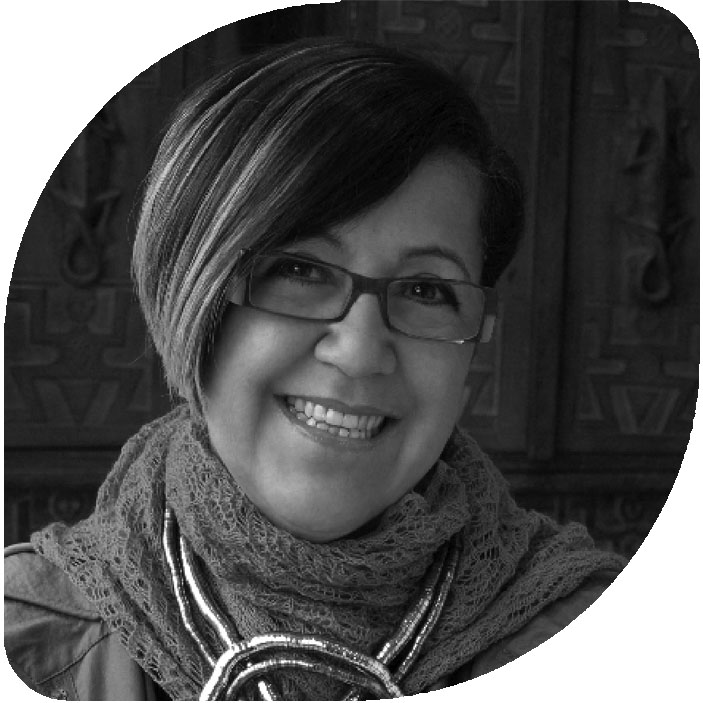
Martha Fajardo is a Colombian Landscape Architect, with a master’s degree in landscape design and a receiver of the Honorary Degree of Doctor of Letters (DLitt), from The University of Sheffield. She is also an architect. She has over 38 years’ experience in leading national and international roles, playing a key role in establishing the profession in countries all around the globe.
Martha is founder and CEO of Grupo Verde SAS (www.grupoverdeltda.com), a firm dedicated to the professional practice of Landscape Architecture, Landscape Urbanism and Urban Design, in the company of the Japanese urban planner Noboru Kawashima.
Former President of the International Federation of Landscape Architects (IFLA), the only professional body representing all landscape architects on a global level. t
She cofounded and was the first President of the Colombian Society of Landscape Architects (SAP), and Honorary member.
She cofounded and chaired the Latin American Landscape Initiative (LALI), a bottom-up movement with a horizontal, transdisciplinary, and cross-cutting trajectory that brings together civil society, academia, public institutions, and other parties to safeguard the Latin American landscapes.
Martha is at the Board of Directors member of Nature of Cities (TNOC) a creative collective to strive for cities worldwide that are resilient, sustainable, livable, and just.








